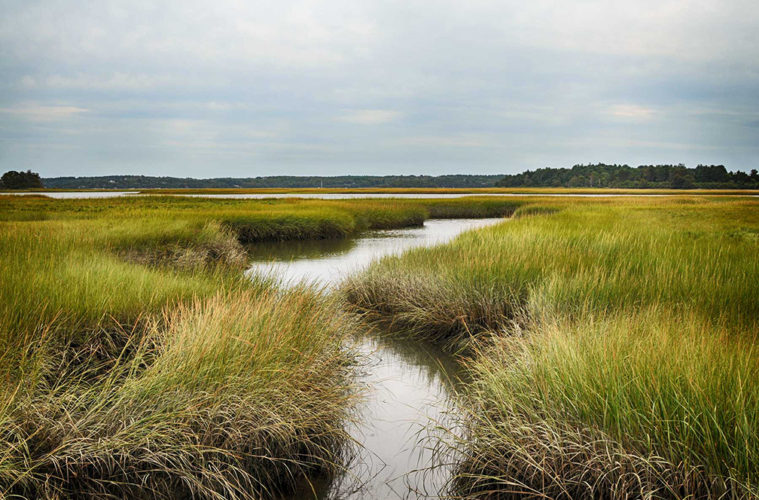In an effort to stop the spread of the COVID-19 virus, Governor Baker has asked the public to stay home as much as possible to avoid person-to-person contact. However, if you and your family are getting cabin fever and need a bit of fresh air, some Massachusetts’s state and national parks and other recreational spaces remain open and accessible to the public.
Parker River Wildlife Refuge
The Parker River National Wildlife Refuge was established in 1941 to provide feeding, resting, and, nesting habitat for migratory birds. Most commonly associated with Plum Island –a barrier beach island—the refuge is comprised of more than 4,700 acres of diverse habitats including sandy beach and dune, cranberry bog, maritime forest and shrub land, and freshwater marsh. Parker River provides a coastal habitat for over 300 species of resident and migratory birds, as well as a large variety of mammals, insects, fish, reptiles and amphibians. The refuge also provides critical habitat for the federally threatened piping plover.
What you need to know for your visit:
To protect the piping plover, the beaches will close on April 1 (as they do every year) to support the breeding efforts of the plovers.The visitor center is closed and the entrance fee is waived until further notice. Restrooms on the refuge are also closed until further notice. All refuge programming and events have been postponed until further notice. For more information, click here.
Maudslay State Park
Maudslay State Park features 19th-century gardens and plantings, rolling meadows, towering pines, and one of the largest naturally-occurring stands of mountain laurel in Massachusetts. It’s the perfect place for a walk, bike ride, or picnic. To explore Maudsley’s natural and historic landscape begin at the main parking area on Curzon Mill Road. Head toward Pasture Trail and turn right across the three-arch stone bridge to walk through the natural woodlands of pines and mountain laurels. Or turn left to the Long Border Trail to explore the park’s historic landscapes and gardens. For more information, click here.
What you need to know for your visit:
Stay on designated trails. Follow painted signs if available. Double blazes indicate an intersection or direction change. Pets are generally permitted. Please keep them on a leash at all times. Please clean up after your pet and dispose of all waste outside of park. Be aware of local park rules and that not all users appreciate encountering pets, even when friendly.
Essex County Greenbelt
Since 1961, Greenbelt has helped landowners, farmers, municipalities, and organizations protect over 17,500 acres of land.Greenbelt owns and manages over 6,000 acres of conserved landscapes across Essex County, which are free and open to the public. Explore its properties and trails to find the perfect Greenbelt spot to hike, paddle, bike, cross-country ski, or paint and enjoy many other outdoor activities.We hold over 240 conservation restrictions, permanently protecting an additional 6,700 acres, owned by private individuals, municipalities, or organizations.
What you need to know for your visit:
Stay within solitary or small groups, and avoid gatherings of ten or more people. Practice social distancing of at least six feet between individuals. Participate in only non-contact recreational activities. Leave a park or area should large gatherings begin to build; and, stay home if ill, over 70, and or part of a vulnerable population. For more information, click here.

